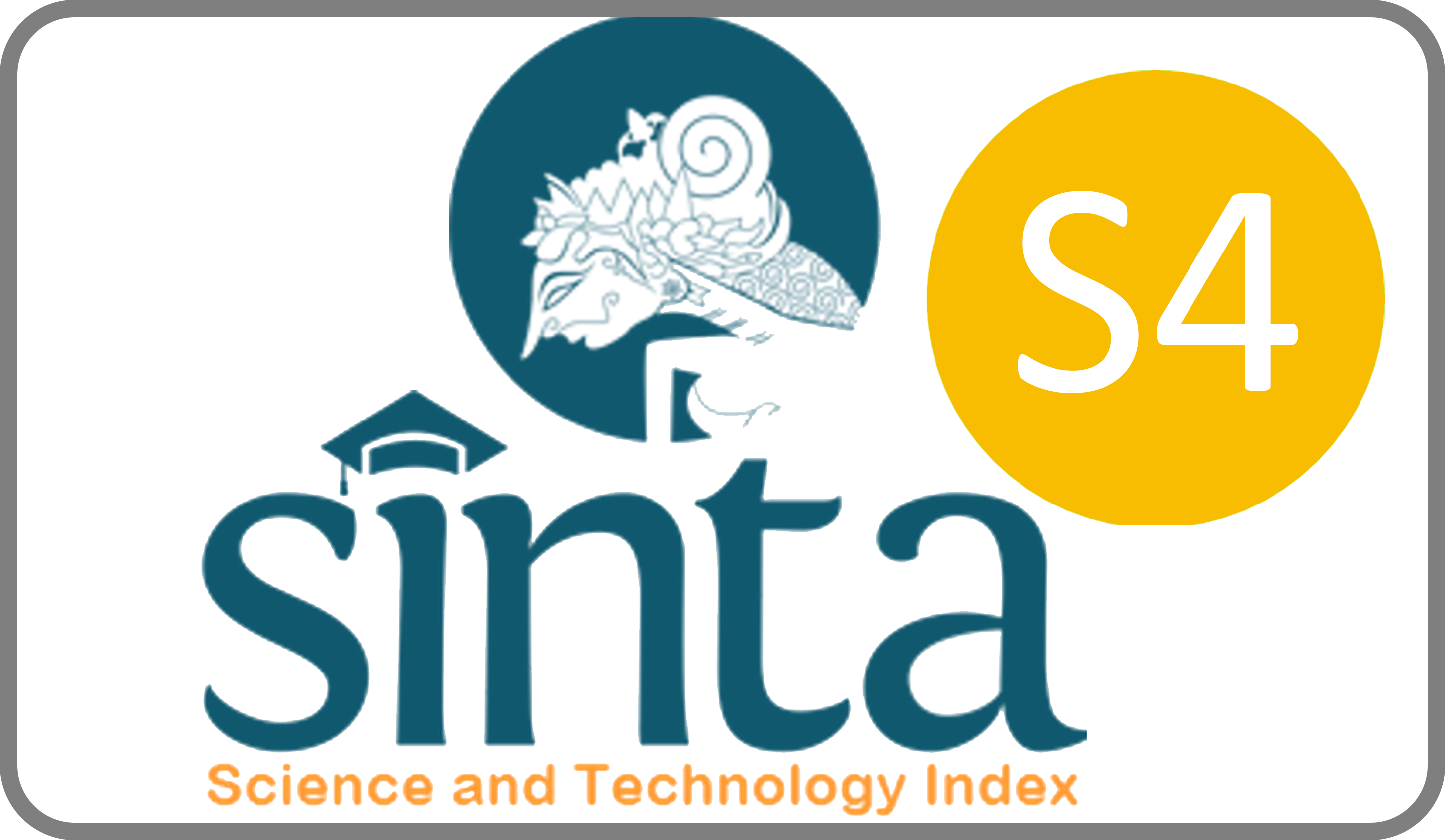LITERACY ASSUMPTION OF BLINDNESS AFTER TOOTH EXTRACTION IN THE CONTEXT OF COMMUNITY SERVICE
Downloads
Anxiety is a normal response that often occurs and is experienced by everyone when faced with something that is considered threatening, anxiety can affect a person's behavior. One form of anxiety that is often found in society is dental anxiety. Dental anxiety is a tendency to feel afraid and anxious about dental and oral care. This anxiety does not only occur in pediatric patients, even adult patients also experience dental anxiety. One form of anxiety in dental and oral health care and the most common anxiety is tooth extraction, a growing belief in society that pulling teeth, especially in the maxillary teeth, can affect eye health and can even cause blindness. The myth that developed regarding blindness can occur as a result of the disconnection of the eye nerve when the tooth is being extracted, it could also be due to anesthetic fluid entering through the eye nerve. In fact, if we look at the facts and research, the optic nerve is not related to the dental nerve because there is no direct relationship between the eye nerve and the dental nerve, so it is necessary to educate the public that extraction cannot cause blindness after extraction. The solutions offered in this community service activity include education and the provision of digital literature on retraction, anesthetic procedures, and the connection with the innervation of the eye.
Doerr, P. A., Lang, W. P., Nyquist, L. V., & Ronis, D. L. (1998). Factors associated with dental anxiety. The Journal of the American Dental Association, 129(8), 1111-1119.
Locker, D., Shapiro, D., & Liddell, A. (1996). Negative dental experiences and their relationship to dental anxiety. Community dental health, 13(2), 86-92.
Mardiyanto, F. 2017. Manajemen Klinis Pasien Gigi Dan Mulut. Surabaya :Refka Petra Media
Seligman, L. D., Hovey, J. D., Chacon, K., & Ollendick, T. H. (2017). Dental anxiety: An understudied problem in youth. Clinical psychology review, 55, 25-40.
White AM, Giblin L, Boyd LD. The Prevalence of Dental Anxiety in Dental Practice Settings. J Dent Hyg. 2017 Feb;91(1):30-34. PMID: 29118148.
Copyright (c) 2022 Rini Devijanti Ridwan, Devi Rianti, Mahela Sefrian Luthfimaidah, Dimas Rudianto Fardha

This work is licensed under a Creative Commons Attribution-ShareAlike 4.0 International License.
JLM by Unair is licensed under a Creative Commons Attribution-ShareAlike 4.0 International License.
1. The journal allows the author to hold the copyright of the article without restrictions.
2. The journal allows the author(s) to retain publishing rights without restrictions
3. The legal formal aspect of journal publication accessibility refers to Creative Commons Attribution Share-Alike (CC BY-SA).
4. The Creative Commons Attribution Share-Alike (CC BY-SA) license allows re-distribution and re-use of a licensed work on the conditions that the creator is appropriately credited and that any derivative work is made available under "the same, similar or a compatible license”. Other than the conditions mentioned above, the editorial board is not responsible for copyright violation.


















